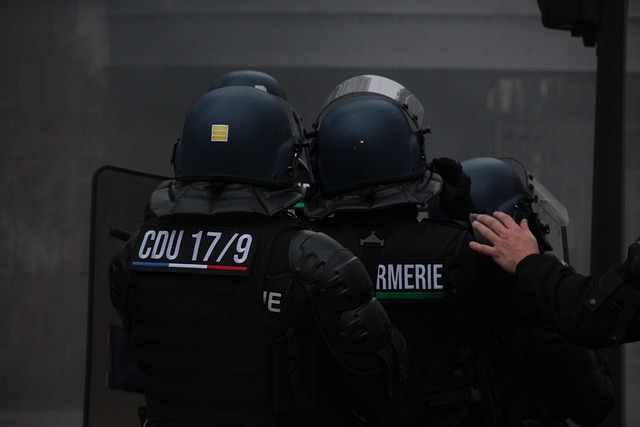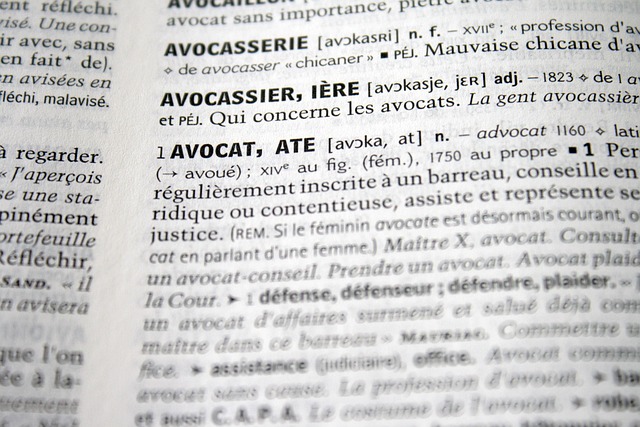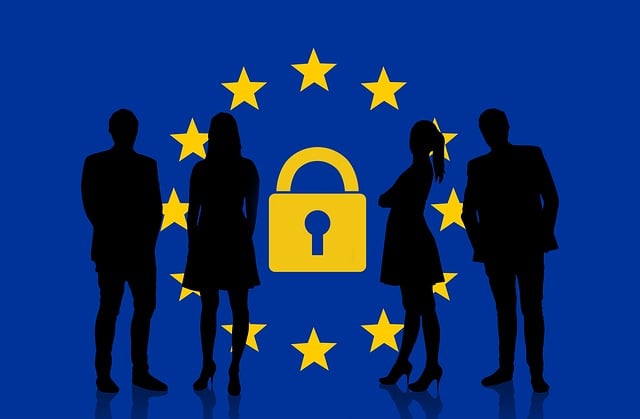Corporate crime investigations are intricate, multi-jurisdictional processes aimed at uncovering and preventing illicit activities. By combining financial trail tracing, digital forensics, and witness interviews, investigators defend against assault charges in criminal court. Legal strategies include scrutinizing facts, questioning testimonies, and leveraging evidentiary rules to challenge prosecution narratives. Forensic techniques, crucial for complex financial fraud cases, trace digital footprints and analyze evidence to hold companies accountable while mitigating consequences for prominent individuals. Successful investigations result in avoided indictments and improved corporate governance, emphasizing the complex interplay between justice, law, and evidence-based approaches.
Corporate crime investigations delve into complex schemes involving businesses and their executives. This article explores key aspects, including understanding intricate legal defenses and the pivotal role of forensics and evidence. As corporate misconduct can lead to severe consequences, such as criminal charges, effectively navigating legal strategies like defending against assault charges in criminal court is essential. Learn how these tactics play out in corporate crime cases and gain insights into uncovering hidden truths behind seemingly legitimate businesses.
- Understanding Corporate Crime Investigations: Uncovering Complex Schemes
- Navigating Legal Defenses: Strategies to Combat Assault Charges
- The Role of Forensics and Evidence in Corporate Crime Cases
Understanding Corporate Crime Investigations: Uncovering Complex Schemes

Corporate crime investigations delve into intricate financial schemes and illicit activities within organizations, often spanning multiple jurisdictions. These in-depth inquiries are necessary to uncover hidden malfeasance, especially in high-stakes cases where large sums of money or sensitive data are at stake. By meticulously examining all stages of the investigative and enforcement process, investigators aim to gather compelling evidence to defend against assault charges in criminal court. This meticulous approach involves tracing financial trails, analyzing digital forensics, and interviewing key personnel to avoid indictment and ensure justice is served.
The complexity of corporate crime demands a nuanced understanding of legal frameworks and business practices. Investigators must navigate a labyrinthine web of transactions, contracts, and regulatory compliance to expose wrongdoing. Their ultimate goal is not merely to punish but also to prevent future incidents by deterring potential perpetrators. This strategic approach, which incorporates lessons from previous high-profile cases, ensures that justice is not only served but also strengthens the defenses against similar offenses in the corporate world.
Navigating Legal Defenses: Strategies to Combat Assault Charges

Navigating Legal Defenses in corporate crime investigations, especially when facing assault charges, requires a strategic approach tailored to mitigate potential penalties. With high-stakes cases often involving prominent figures within the philanthropic and political communities, securing a winning challenging defense verdict becomes paramount. A robust legal strategy may involve scrutinizing the facts of the case, examining witness testimonies, and leveraging evidentiary rules to challenge the prosecution’s narrative.
Lawyers specializing in such matters employ various techniques, including questioning the timing and circumstances surrounding the alleged assault, exploring potential self-defense scenarios, or even raising doubts about the credibility of accusers. The goal is not just to defend against assault charges but to ultimately prove innocence or achieve a favorable outcome, demonstrating the intricate dance between justice and legal advocacy in complex corporate settings.
The Role of Forensics and Evidence in Corporate Crime Cases

In corporate crime investigations, forensics plays a pivotal role in unravelling complex financial frauds and misconducts. Forensic experts employ advanced techniques to scrutinize digital records, financial statements, and physical evidence, ensuring every detail is examined meticulously. This process involves tracing digital footprints, analyzing documents for discrepancies, and reconstructing financial transactions—all crucial steps in defending against assault charges in criminal court. By piecing together this evidence, investigators can build a robust case, revealing the true extent of the corporate misconduct.
Moreover, the role of forensics extends beyond identifying culprits; it aids in holding companies accountable while mitigating potential consequences for the philanthropic and political communities. An unprecedented track record of successful investigations demonstrates the effectiveness of these methods in avoiding indictment and ensuring corporate responsibility. Through rigorous evidence analysis, investigators can provide a clear narrative, guiding legal proceedings and contributing to the development of more robust corporate governance frameworks.
Corporate crime investigations demand a multifaceted approach, combining legal expertise with forensic analysis to unravel intricate schemes. While understanding these complexities is crucial, it’s equally important to equip individuals and organizations with strategies to defend against assault charges in criminal court. By mastering these defenses and leveraging advanced evidence collection methods, professionals can ensure fair outcomes, promote accountability, and strengthen the integrity of business practices.






